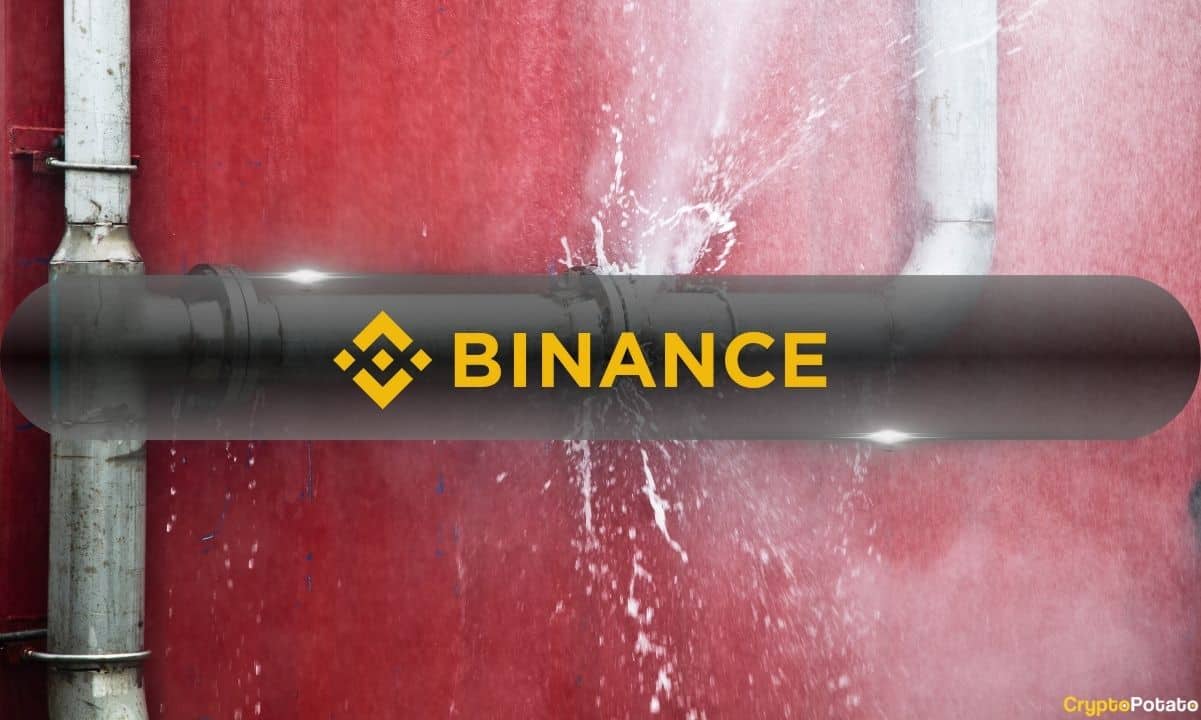Holcim Moves to Acquire Xella in $2.16bn Deal, Signaling a Strategic Shift Beyond Cement


Holcim, the Swiss building materials giant, has announced an agreement to acquire German walling systems manufacturer Xella for 1.85 billion euros ($2.16 billion), marking its largest acquisition since CEO Miljan Gutovic took office in May 2024.
The deal is part of Holcim’s broader strategic shift from its traditional cement business towards a diversified focus on sustainable construction and high-margin building solutions.
The acquisition, announced on Monday, positions Holcim to strengthen its presence in the growing European walling and insulation market, which is valued at over 12 billion euros. Gutovic described the move as a major step in advancing Holcim’s sustainable construction strategy, saying that Xella would significantly enhance the company’s portfolio and customer offering.
Register for Tekedia Mini-MBA edition 18 (Sep 15 – Dec 6, 2025): registration continues.
Tekedia AI in Business Masterclass opens registrations.
Join Tekedia Capital Syndicate and co-invest in great global startups.
Register for Tekedia AI Lab: From Technical Design to Deployment.
“Xella will add to our customer offering in the highly attractive EUR 12 billion+ walling market, with cross-selling and systems-selling opportunities,” Gutovic said in a statement.
Founded in Germany and headquartered in Duisburg, Xella is one of Europe’s leading providers of walling materials, operating under well-known brands such as Ytong, Silka, Hebel, and Multipor. The company employs more than 4,000 people and maintains operations across 21 of Europe’s most competitive markets. According to Holcim, Xella projects sales of around 1 billion euros in 2025 and has shown consistent growth driven by rising demand for energy-efficient construction materials.
Holcim said it would pay a multiple of 8.9 times Xella’s projected 2026 earnings before interest, tax, depreciation, and amortisation (EBITDA). The Swiss group expects the deal to be accretive to earnings from the first year of completion. The acquisition is expected to close in the second half of 2026, pending regulatory approvals.

Analysts say the deal reflects Holcim’s continued transformation from a traditional cement and aggregates producer to a diversified, sustainability-driven construction solutions company. Under Gutovic, Holcim has pursued a series of portfolio adjustments, expanding its footprint in roofing, insulation, and building envelope products, which offer higher margins and lower carbon intensity than cement.
The move to acquire Xella follows Holcim’s recent divestments in emerging markets, where it sold off several cement operations to focus on its “Solutions & Products” segment. That segment now includes building envelope solutions through its Firestone, Malarkey Roofing, and Duro-Last brands, as well as advanced roofing and insulation systems catering to the growing demand for climate-resilient construction.
By acquiring Xella, Holcim is betting on Europe’s growing push for sustainable building materials. Xella’s aerated concrete and insulation products are designed to meet stringent European Union standards for energy efficiency and emissions reduction. This is expected to complement Holcim’s existing portfolio of green building solutions, aligning with the company’s net-zero strategy.

Holcim’s renewed focus on sustainability reflects broader global trends. Governments and developers across Europe are increasingly adopting eco-friendly building regulations, boosting demand for low-carbon and energy-efficient materials. Holcim thus gains a strong foothold in the segment of walling systems that reduce energy consumption and improve insulation performance — a critical factor in sustainable architecture.
The transaction also highlights the competitive nature of Europe’s construction material sector, where companies are consolidating to meet sustainability goals and diversify product portfolios. For Holcim, which once derived most of its revenue from cement, diversification has become crucial as environmental regulations tighten and carbon pricing makes cement production more expensive.
Holcim’s financial results for the first half of 2025 showed steady growth in its Solutions & Products segment, which now contributes a significant share of overall earnings. The company has said that it aims to derive more than 30% of its total revenue from this segment by 2030, a target that could be reached sooner if acquisitions like Xella perform as expected.
With over 70,000 employees globally, Holcim has continued to streamline its global operations to reduce exposure to volatile commodity markets. The company has also been investing heavily in recycling and circular construction technologies, including initiatives to produce low-carbon cement and use recycled aggregates in construction.
For Xella, the acquisition marks a transition from its previous ownership by private equity investors towards integration with a multinational corporation focused on long-term sustainability. The German company’s products have gained traction in both residential and commercial construction markets, particularly in countries such as Germany, France, and Poland, where energy-efficient building standards are increasingly mandatory.
Holcim’s planned acquisition of Xella follows a pattern of strategic deals designed to reinforce its market position in Europe and North America. Earlier acquisitions, including Firestone Building Products in 2021 and Duro-Last in 2023, have positioned Holcim as one of the world’s leading providers of roofing and insulation systems.
The $2.16 billion deal for Xella, however, stands out not only for its size but also for its potential to redefine Holcim’s growth trajectory. It signals a strong commitment by the company’s new leadership to push deeper into sustainable, value-added building products that meet the evolving needs of both customers and regulators.
The acquisition is expected to be financed through a combination of cash reserves and existing credit facilities. Holcim maintains one of the strongest balance sheets in the construction materials industry, with low leverage and strong cash flow generation, providing it with room to pursue expansion without compromising financial stability.
Once completed, the transaction will make Holcim one of the largest players in the European walling systems market, with a portfolio that spans the full building envelope — from foundations and walls to roofs and insulation.
If regulatory approvals proceed smoothly, Holcim could finalize the acquisition by late 2026, solidifying its transformation into a diversified construction solutions powerhouse.





